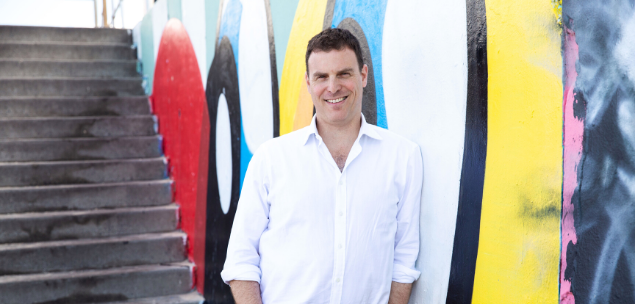Since the launch of the government’s SME guarantee scheme for small businesses suffering from the knock-on effects of COVID, we’ve seen how important it is to provide a financial lifeline to Australia’s SMEs in the wake of the pandemic. It’s not just in the interest of business owners and their employees; now more than ever before we need a strong small business sector to revitalise the economy.
That said, there’s still more to be done. There’s a dire need to expand eligibility for these lifeline small business loans – it’s how we’re going to get these essential businesses back on their feet.
In this crisis, there is also an opportunity. The Australian economy needs small businesses to succeed now more than ever, which means we have a golden opportunity to build a better, more supportive and inclusive ecosystem than the one we suddenly left behind three months ago.
What we need to see from the government and SMEs alike
The government’s recent announcement on the SME Guarantee Scheme for small businesses affected by COVID-19 is a great step in the right direction for the future of our economy. One of the main things we need to see from the government is access to capital.
With unemployment undoubtedly increasing, a lot of people are going to try and start their own micro-businesses as a form of employment. Necessity is the mother of invention, after all. For Australia to grow itself out of the crisis, these new businesses will need easy access to capital. It is unreasonable to expect them all to be able to bootstrap their way to success.
The residential property market is a good case study for this issue. Tighter lending restrictions last year led to sustained price falls in Sydney and Melbourne, their lifting encouraged growth in the sector. The same is true of SMBs, but with the added complication that speed of finance is another incredibly important factor. The SME Guarantee Scheme is great, but we’ve seen banks struggle to get money to their customers in an efficient way during these challenging times for SMEs.
There’s another factor at play as well. Established SMEs will also be finding themselves with greater requirements for working capital because supply chains and inventory chains are inevitably going to get longer. Our political leaders have been careful not to signal exactly what they want to change, but a post-pandemic Australia that is less reliant on global supply chains is a likely outcome. Economic nationalism is bound to boom – but it’s going to be up to each sector to navigate exactly what this means for them and without working capital, we can forget about Australians embracing this new ‘world’.
What the SME sector will become post-COVID
Whilst there’s going to be a lot of trial and error, there are a few sectors where the writing is on the wall. With the manufacturing process re-shoring post-pandemic, manufacturing businesses will start flourishing. Historically, it’s been very difficult for Australian manufacturing businesses to compete with cheap imports and Scott Morrison has stated he is no fan of protectionism in this area. However, this might not be entirely in his hands. We’re seeing something new with a change in consumption thanks to coronavirus, and many analysts predict we’re going to start favoring buying local and supporting local businesses. This has been a long time coming, if coronavirus is the impetus to make it truly happen, this will only be a good thing for the SME sector as a whole.
Retail and hospitality businesses are going to increase with people demanding to get out and about post-lockdown, but this might not be in the traditional sense. We’re going to see an increasing emergence of online shopping businesses across several different sectors, and with more Australians buying locally, proving you have local products and ingredients will become an important USP. Retail will also see a huge shift in the why, where, and how people buy due to the economic nationalism we will experience.
With Australians also bound to experience less disposable income, we’re going to start making smarter and more thoughtful decisions when it comes to spending our money. The value of each exchange will need to be focused upon, rather than simply competing on price. This is bound to change the Australian economy and SME sector for a long time to come. As we exit lockdown in Australia, it’s hard not to be a little excited.
Yanir Yakutiel is the CEO and founder of non-bank lender Lumi.
Keep up to date with our COVID-related stories on LinkedIn, Twitter, Facebook and Instagram.

